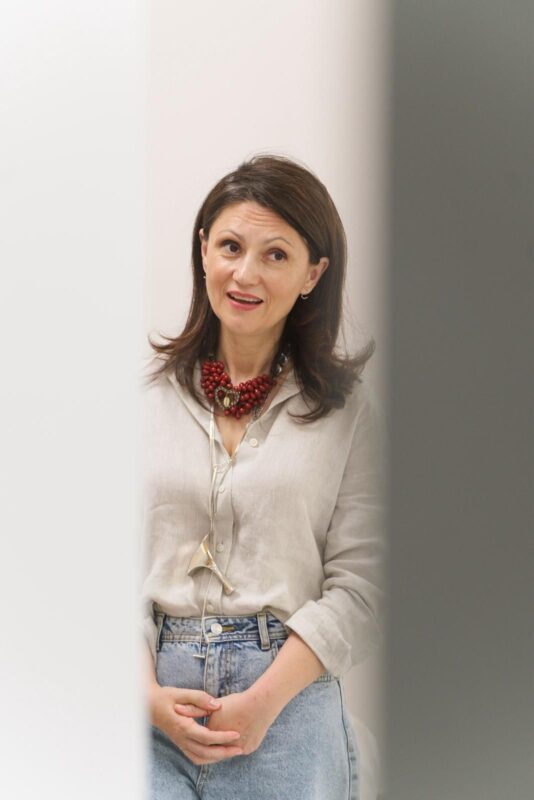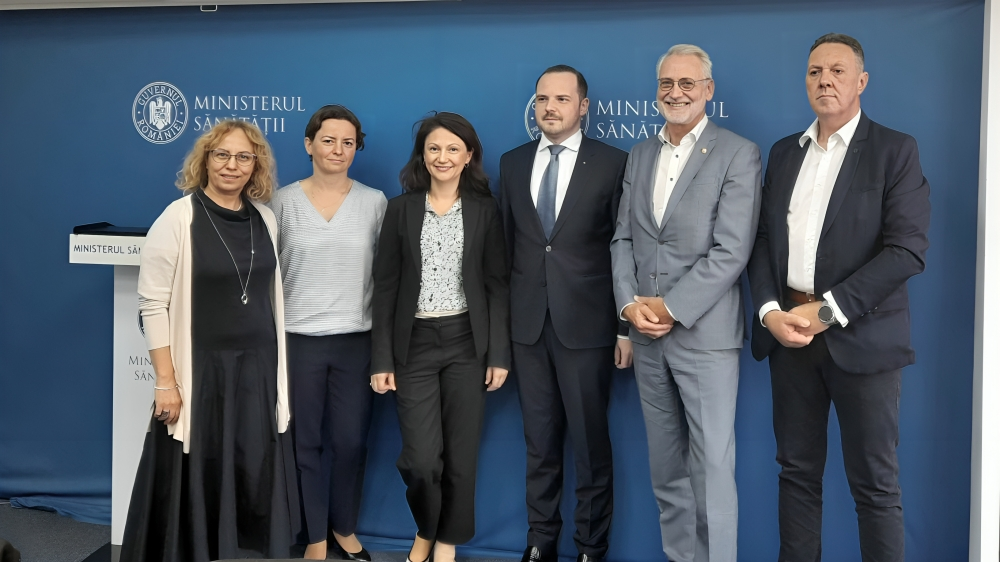Carmen Uscatu, Founding Member and President of Give Life, shared a post on LinkedIn:
“Why are we, Dăruiește Viață, in “business”?
Why am I here?
Sometimes – and every time – I revisit this question.
We are in “business” to improve care for children with cancer. For this reason, I am willing to question myself, question others, and listen to their answers – because this is how we grow and give a better chance to children with cancer born and treated in Romania.
In Romania, there is an 11% gap compared to the average survival rate in Western European countries. This means that 1 child in 10 dies unnecessarily. What does that mean? It means that with the knowledge research brings to treating childhood cancer, we could save at least 8 out of 10 children. Currently, in Romania, we save 7 out of 10.
Last week, prof. dr. Rob Pieters from Prinses Máxima Centrum voor kinderoncologie visited Romania for the 9th time. We met with oncology teams from Institutul Clinic Fundeni and the Oncological Institute Bucharest to explore opportunities for collaboration.
We also met with the Minister of Health, Alexandru Rogobete to discuss the immediate future of Marie Curie Children’s Hospital, the impact we can create with more nurses, how we can access European funds, how Romania can strengthen its partnership with the Netherlands, and how the Minister can better support Marie Curie Hospital. Together, we explored how to create a greater impact in the life of every child with cancer.
Last week, we also met with the teams from different departments from Marie Curie. What we do is create a multidisciplinary approach – oncologists together with surgeons, radiotherapists, neurosurgeons, orthopedists, pathologists, radiologists, and all other specialists – working together for each child. We identify challenges in collaboration, explore how to innovate and change things with the same resources, and work together.
Prioritizing children with cancer means accelerating care for all diseases. If you learn to work together, if you are included in international trials and collaborations, you learn that anything is possible. Working in a structured way, understanding that your work depends on others and that a child’s life depends on you, changes the way you think.
The teams gathered with Prof. Rob Pieters to make plans, ask questions, and improve the way they work.
Through training, research, digitization, and twinning partnerships to learn from the best, we hope to bridge the gap in five years.
Systems are human-made, and they can be human-remade. And we are the humans.”

More from Carmen Uscatu on OncoDaily.


